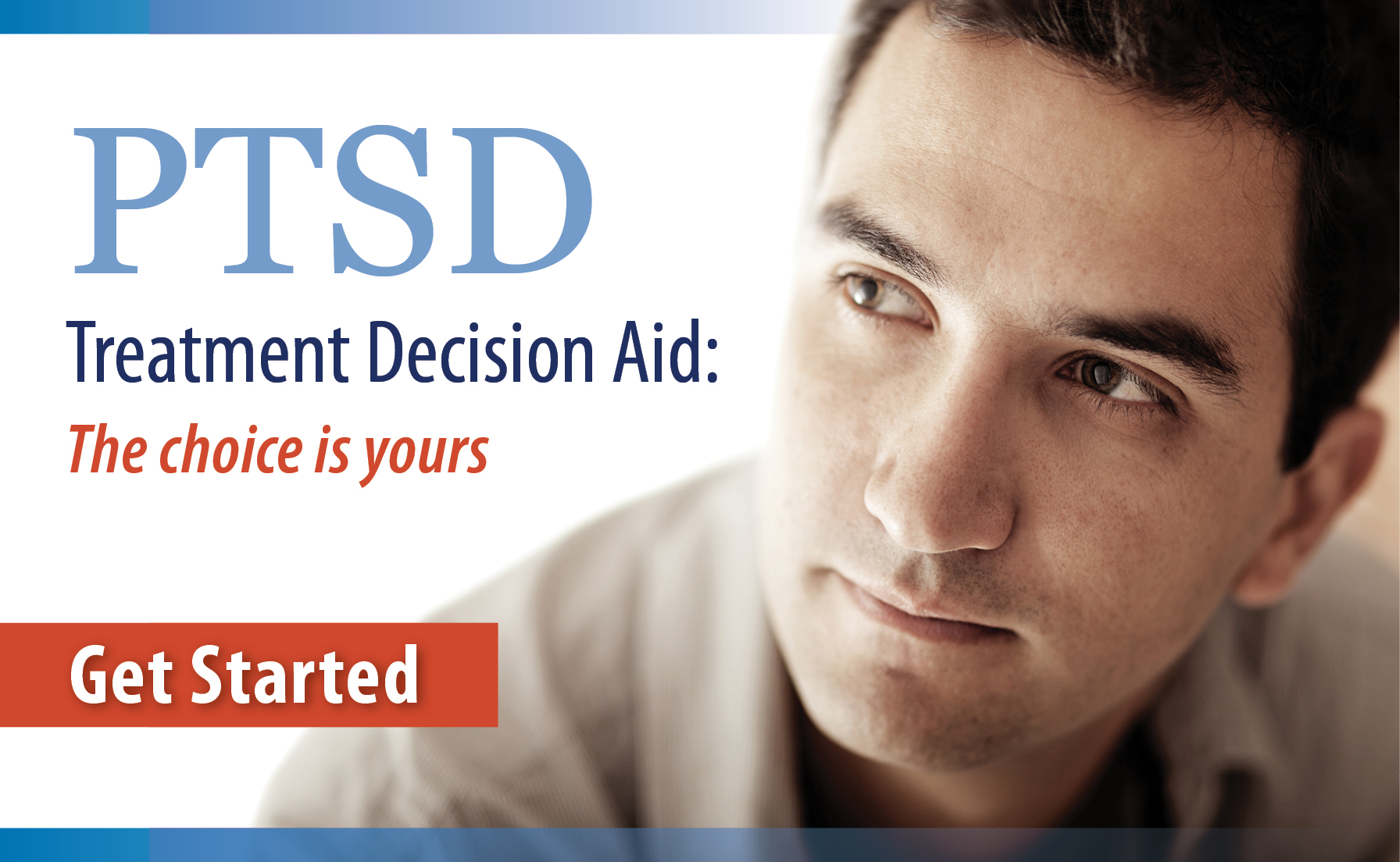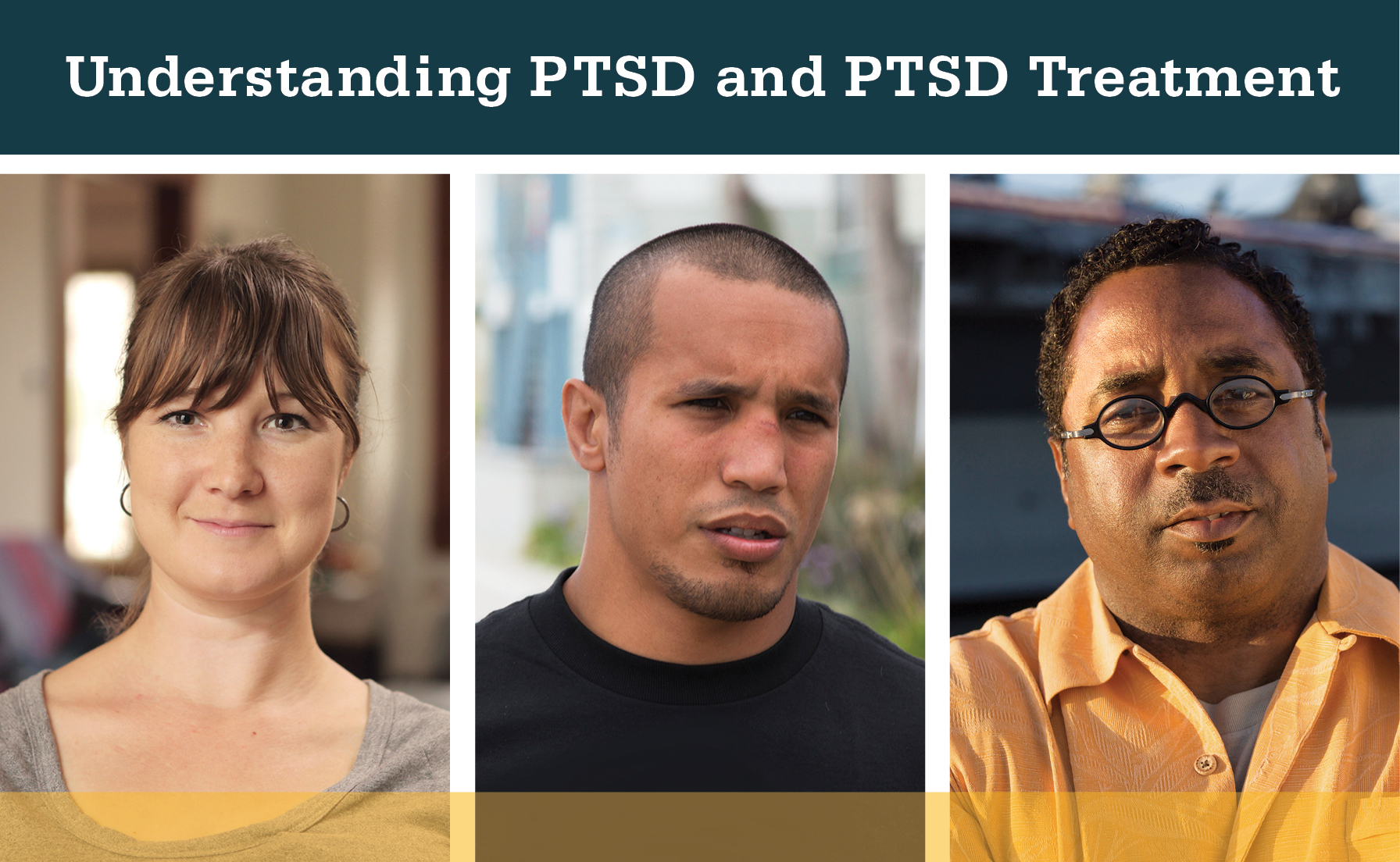MDMA-Assisted Therapy for PTSD
MDMA-Assisted Therapy for PTSD
Available en Español
Research is helping us understand whether psychedelic drugs, in combination with psychotherapy (or talk therapy), might improve PTSD. Most of this work focuses on MDMA. Although MDMA is not approved for clinical use by the FDA, it can be studied in research settings. There is hope that psychedelic-assisted therapy, including MDMA, might help more people with PTSD have a better response to therapy.
Reading time: minutes
There is growing interest in the use of psychedelic drugs to treat mental health problems like PTSD, depression, anxiety, eating disorders, and substance use disorders. Although there are effective treatments for PTSD, there is room for improvement. Researchers are currently testing whether psychedelic drugs in combination with psychotherapy (talk therapy) might improve PTSD and related outcomes.
What are psychedelic drugs?
Classic psychedelic drugs (like psilocybin, LSD, mescalin, and DMT or dimethyltryptamine) are a group of drugs that act on the serotonin system in the brain. There are other drugs, like MDMA (or 3,4-methylenedioxymethamphetamine) and ketamine, that are generally classified as psychedelics because they have mind-altering effects, but they act on systems in addition to the serotonin system. Psychedelic drugs can be natural, from plants or mushrooms, or synthetic and made in a lab.
Psychedelic drugs can alter a person's thoughts, mood, or sense of reality. When a person takes one of these drugs, the person may feel intense emotions. Depending on the drug, a person may report seeing colors and shapes, experience distortions in time and perception, and euphoria (feeling high). In the case of MDMA people may feel happy, more connected to others, increased empathy, and heightened senses.
For treating PTSD, most of the research has focused on MDMA. MDMA is a synthetic substance made in a lab. It is also called "ecstasy" or "molly" in recreational use. MDMA is less likely than other psychedelic drugs to create hallucinations.
Is MDMA legal and safe?
According to federal law, psychedelic drugs are not legal for use in standard clinical care. Currently, MDMA is classified as "Schedule I" by the FDA, which means the drug has high potential for abuse and no accepted medical use. Schedule I drugs can be used in medical research, however, making the drugs available to individuals who are participating in approved research studies.
In controlled research studies, MDMA is associated with side effects that are usually mild to moderate in severity and do not last long. The most common side effects include elevated heart rate or blood pressure, feeling anxious or jittery, muscle tightness, jaw clenching, decreased appetite, nausea, excessive sweating, feeling cold, restlessness, dilated pupils, uncontrolled eye movements, chest pain or discomfort, blurred vision, and chills.
Taking MDMA for treatment as prescribed and supervised by a medical provider is different from taking MDMA recreationally. The potential benefits of MDMA for PTSD have only been demonstrated when the drug is taken during a course of psychotherapy. Also, MDMA obtained outside of a clinical setting may contain drugs other than MDMA or harmful impurities. In addition, side effects can be best managed in a clinical setting.
What is MDMA-assisted therapy for PTSD?
In MDMA-assisted therapy, the drug is given on a limited basis, in a controlled setting, where side effects are managed by trained clinicians. They are used in combination with psychotherapy (talk therapy in a clinical setting-such as a hospital or other health care environment), usually with 2 therapists present. The drug is given in a room designed to make patients feel safe and comfortable while taking the drug. Patients often lie down on a bed or reclining chair, wear an eye mask, and listen to music while the drug takes it effect under supervision of the therapists.
In current research designs, MDMA is given in a limited number of sessions (usually 1-3) that may last 6 to 8 hours and are spaced 3-4 weeks apart if there is more than 1 session. A typical MDMA study will include preparatory sessions that take place before the first medication session. During these sessions patients learn about what to expect when taking MDMA and how to respond to any feelings that arise. These sessions are followed by 6- to 8-hour long medication sessions. During these sessions the therapists focus on creating a sense of safety while helping the patient turn inward. The therapy is non-directive and there is a focus on attending to what is happening in a patient's body. After an MDMA session there are several 90-minute psychotherapy integration sessions. The focus of these sessions is to develop a deeper understanding of insights gained during the MDMA session and any thoughts and feelings that came up on the impact of PTSD on the patient's life. The medication and integration sessions are repeated three times. The entire treatment takes about 18 weeks if 3 medication sessions are given.
What do we know from research about MDMA-assisted treatment for PTSD?
The best way to test treatments is with randomized controlled trials (RCTs). In an RCT, participants are assigned at random (by chance, like flipping a coin) to a study group that either includes the treatment being tested or a control treatment. The control treatment may be a placebo--which is a pill that does not contain an active drug--or can be another known treatment such as another drug. Learn more about research study design in our video, 'Evidence-based' Treatment: What does it mean?
The RCTs of MDMA have shown promising results. However, research is ongoing to explore different models of MDMA-assisted therapy for PTSD as well as studies to further determine the risks and benefits of MDMA. Research on psilocybin and other psychedelics drugs for treating PTSD is at an earlier stage. RCTs of psilocybin for treating depression also have shown promising results for effectiveness.
Summary
There is a lot of hope that psychedelic-assisted psychotherapy, including MDMA, might help more people with PTSD have a better response to therapy. Although not approved for clinical use by the FDA, psychedelic drugs continue to be studied in research settings. Currently there are a number of studies testing MDMA- and psilocybin-assisted therapy for PTSD underway (see ClinicalTrials.gov ). The studies include Veteran and community participants and are being done in the U.S. as well as other countries. Veterans interested in MDMA-assisted psychotherapy can explore opportunities to participate in approved clinical trials underway within the VA setting.
). The studies include Veteran and community participants and are being done in the U.S. as well as other countries. Veterans interested in MDMA-assisted psychotherapy can explore opportunities to participate in approved clinical trials underway within the VA setting.
You May Also Be Interested In


























